There are about 350 speces of Pelargonium - mostly in southern Africa. The morphological diversity is incredible and the genus is very complex in terms of adaptations to habitats. We were able to sample about 65 species in the collection, and I added a few extra on various excursions during my field season. Here are just a few of the ones that were flowering in the greenhouse on Oct 24.
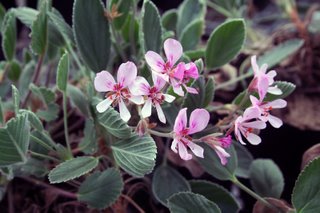
Pelargonium ovale
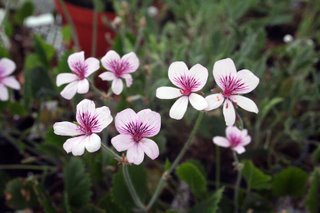
Pelargonium elegans
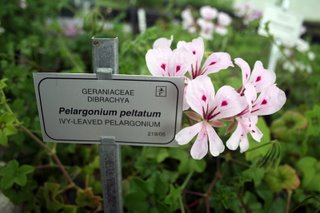
Pelargonium peltatum
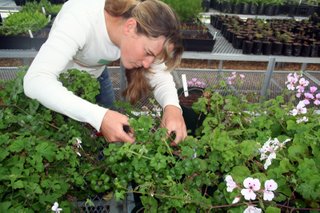
This is Monique, one of the horticulturalists in the Garden research center. Trevor was out sick on Tuesday so he asked Monique to help us. She was very helpful in sorting out the accessions, especially in tracking down stray vines and stems to not sample!
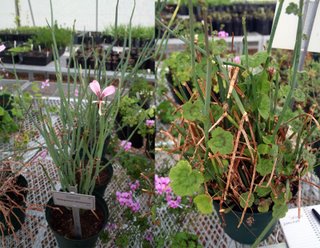
Pelargonium tetrogonum. This is an interesting plant - the leaves drop seasonally, leaving fleshy stems and the flowers.
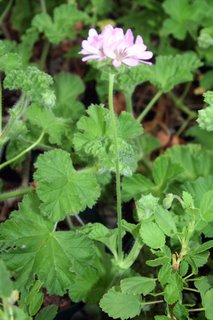
Pelargonium capitatum
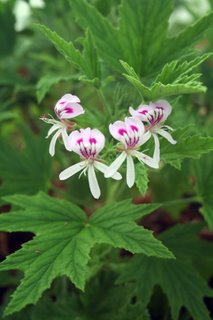
Pelargonium citronellum
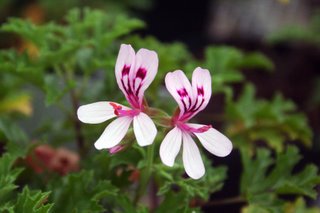
Pelargonium pseudoglutinosum
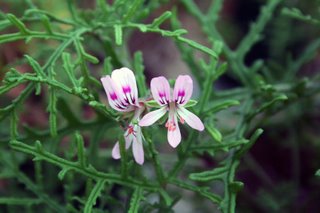
Pelargonium radens
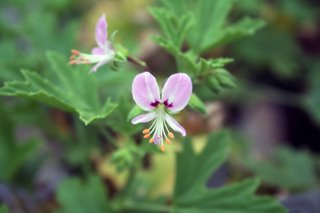
Pelargonium scabrum
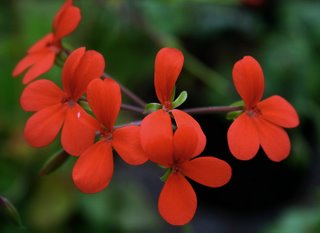
Pelargonium togaense
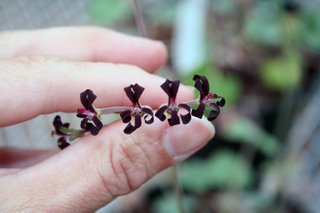
Pelargonium sidoides. This is so dark purple it appears to be black.
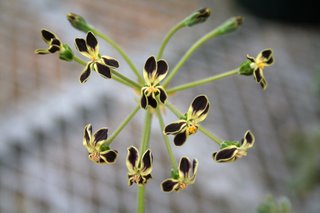
Pelargonium lobatum. The tips of these petals are black.
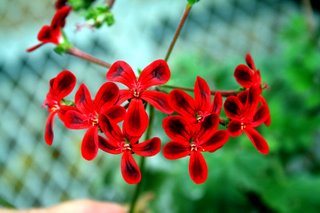
Pelargonium fulgidum X lobatum, a hybrid that has flowers so intensely red they look fluorescent.

After collecting all those samples, Esprit and I spent the next few hours in my apartment kitchen processing them for herbarium vouchers and collecting leaf material in silica gel for DNA analysis. Yes, Michael definitely owes us dinner and a nice bottle of wine.
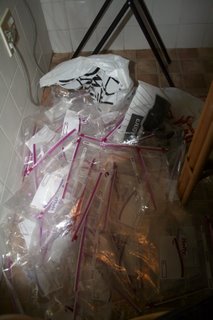
Here's the mess left over after doing all the processing.

All-in-all, a good day's work.











No comments:
Post a Comment